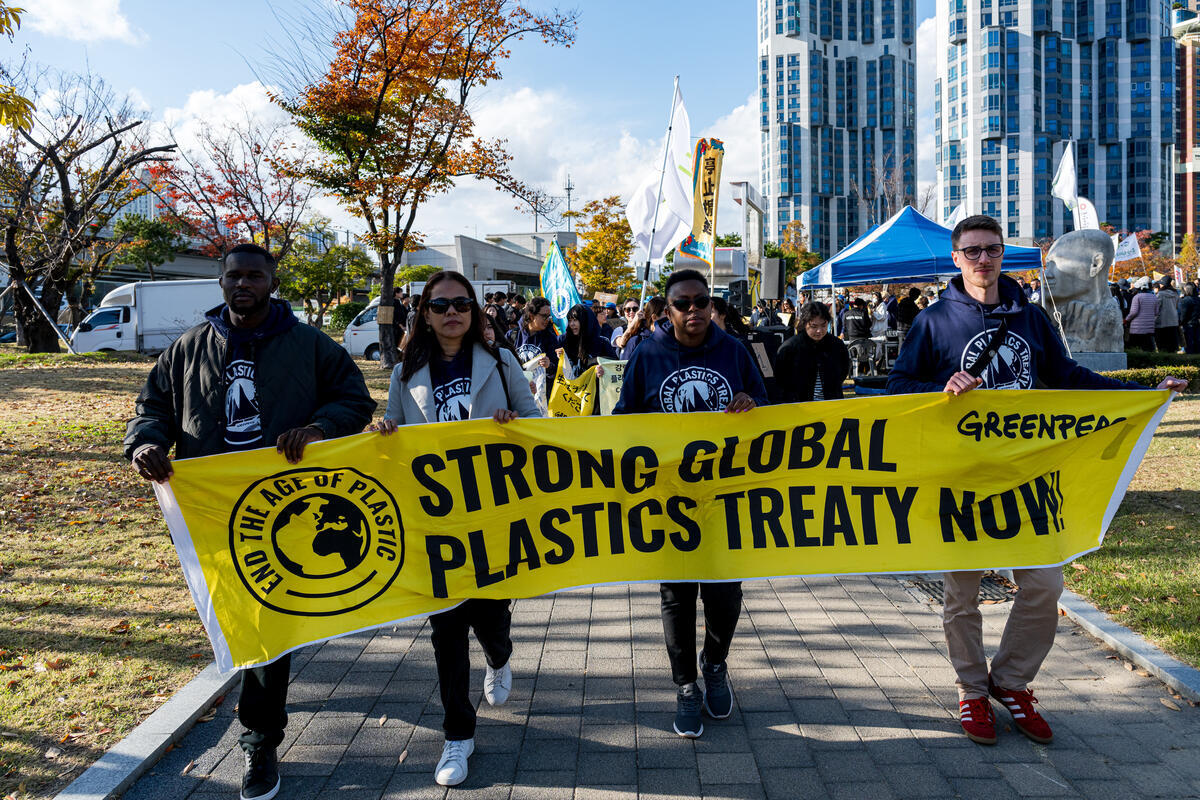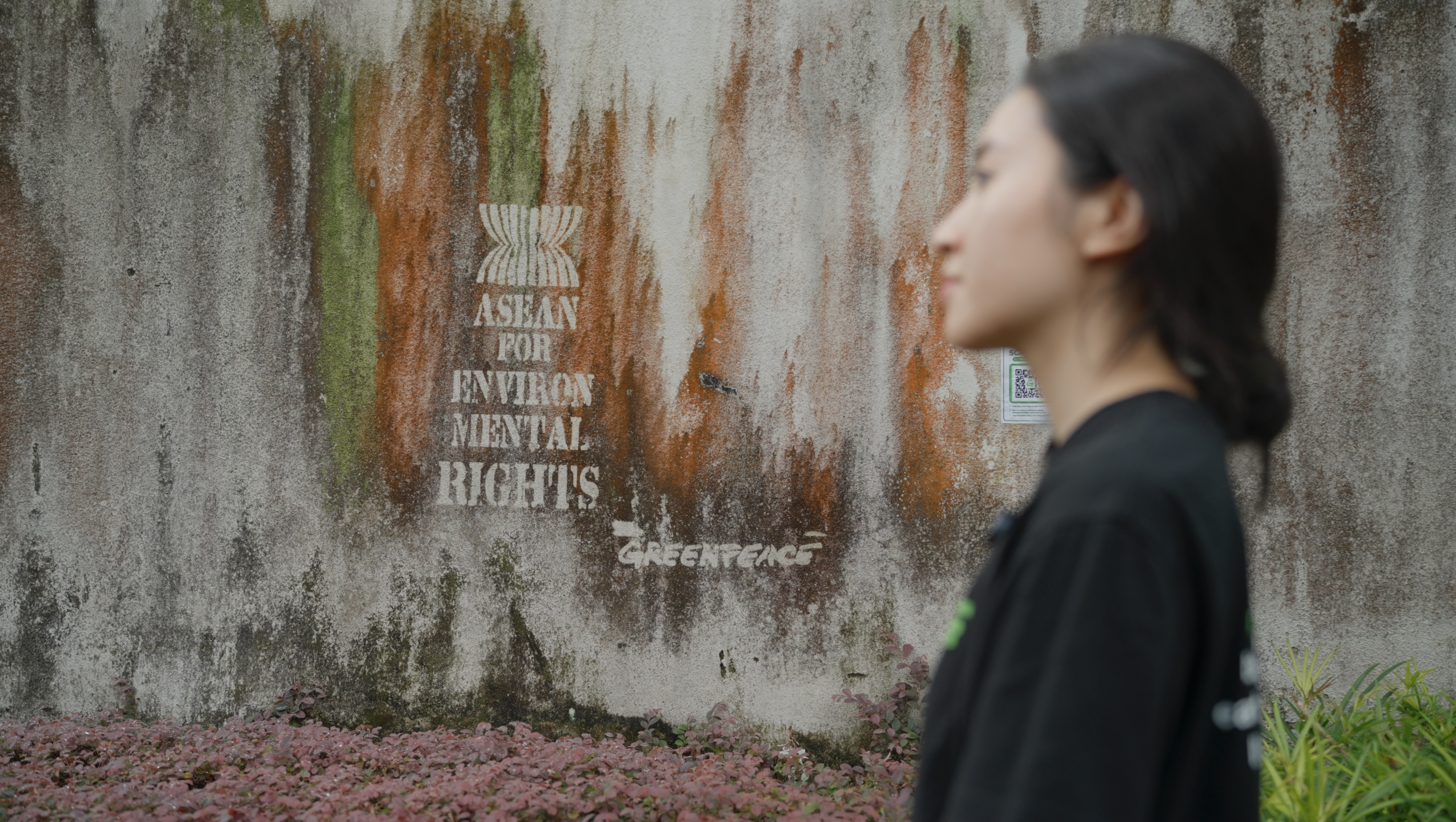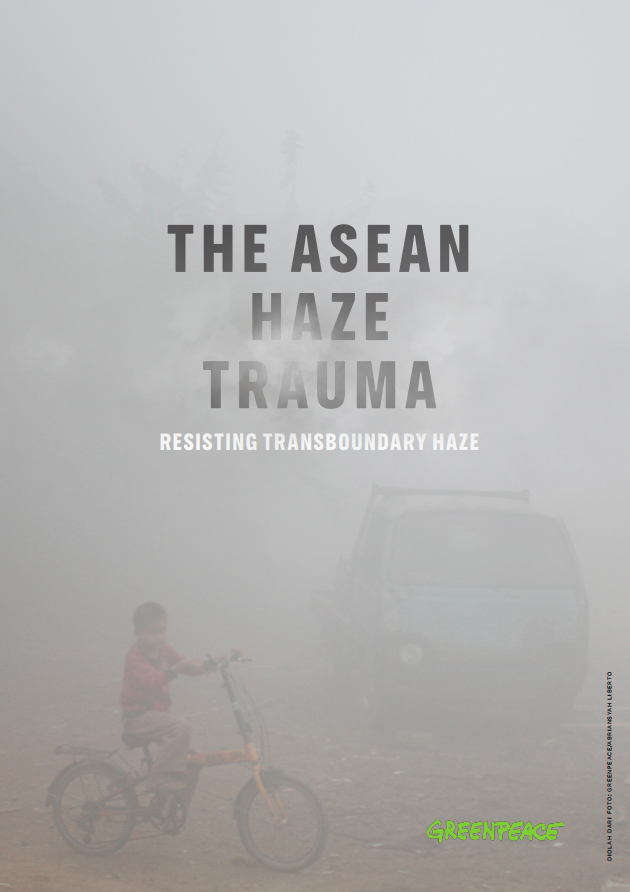Air Pollution Risks from Petrochemicals Production for the Plastics Supply Chain
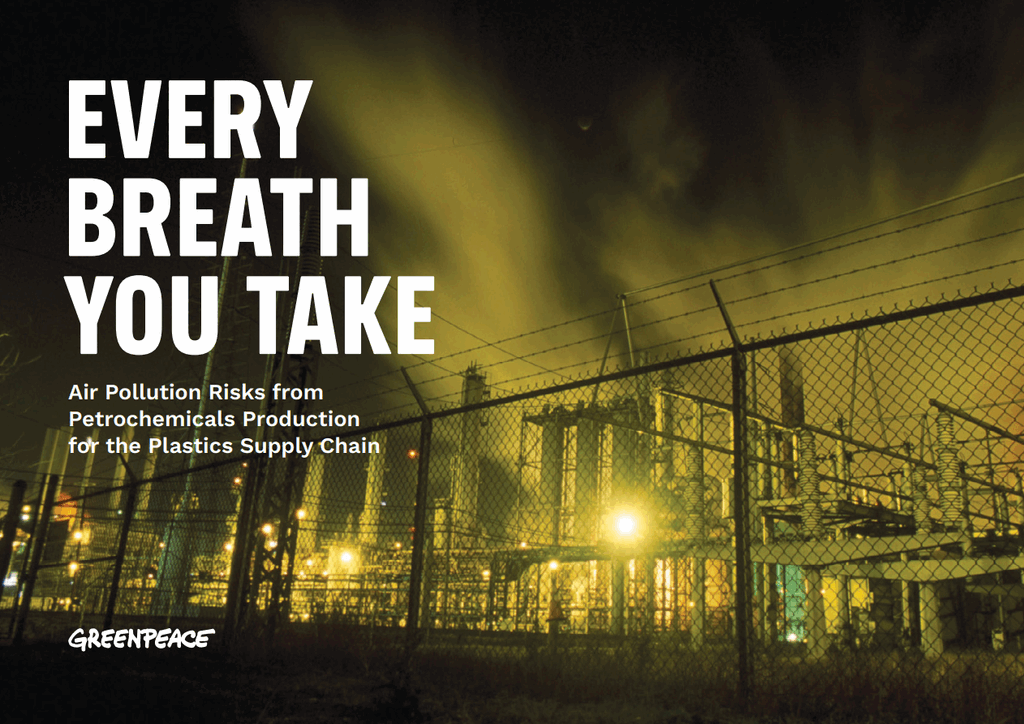
A new Greenpeace International report released today reveals that over 50 million people in 11 countries are at risk of exposure to hazardous air pollution from living near plastic linked petrochemical production. The findings intensify pressure on negotiators at the Global Plastics Treaty talks in Geneva to secure a treaty that tackles the problem at its source: plastic production.
The planned expansion of petrochemical facilities – the midstream backbone of the plastics supply chain – could accelerate the release of hazardous air pollutants. If left unchecked, this growth could expose millions more people worldwide to toxic emissions, creating new sacrifice zones and deepening environmental injustice.
In response, the Plastics Free Future Campaign produced a report entitled Every Breath You Take: Air Pollution Risks from Petrochemical Production for the Plastics Supply Chain.
This groundbreaking report maps the locations of petrochemical facilities linked to plastics in 11 countries – Philippines, Thailand, Malaysia, Indonesia, South Korea, Canada, USA, Germany, United Kingdom, Switzerland, and the Netherlands. By quantifying the size of populations living at close proximity to these sites that are linked to negative health outcomes, the report draws attention to the communities on the frontlines of pollution risks – those who are too often overlooked in global plastic policy debates.
**Disclaimer: This report presents environmental exposure risk estimates based on publicly available geographic, demographic, and industrial facility data. The analysis is intended for general informational and advocacy purposes only. No specific company or corporate entity is identified in this report, and no statements made herein should be interpreted as attributing fault, negligence, or legal liability to any named or unnamed party. All findings are based on aggregate-level data and do not constitute definitive assessments of health outcomes, safety compliance, or legal culpability. While every effort has been made to ensure accuracy, the authors disclaim any liability for errors or omissions. Companies or organisations that believe they may be affected by the information contained in this publication are invited to contact Greenpeace to provide a response, clarification, or updated data, which we may consider for inclusion in supplementary publications.
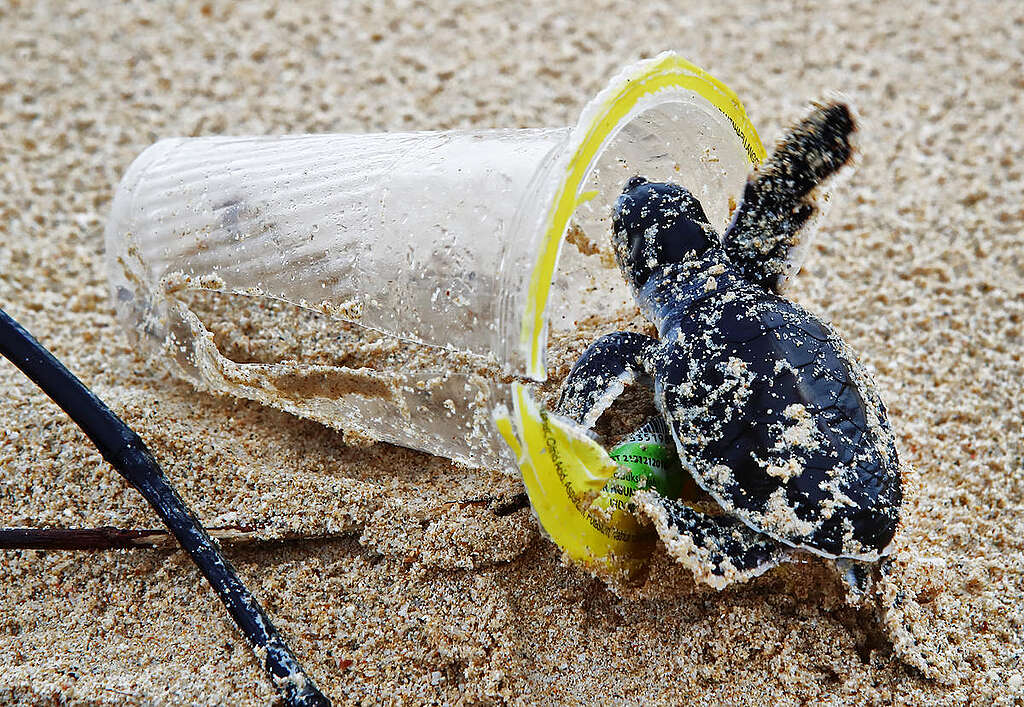
We have a rare chance to turn the tide on plastic. Add your name before the final Global Plastics Treaty talks this August.
Sign Petition
